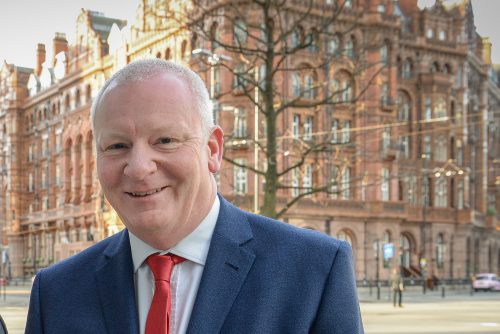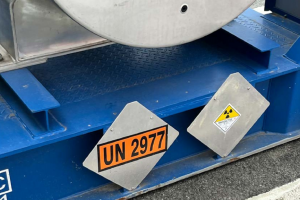North West towns and cities pray for end of lockdown as footfall plummets

An end to lockdown can’t come soon enough for the North West’s big cities, with footfall among the lowest levels since the start of the pandemic.
New data, analysed by insolvency and restructuring trade body R3, shows that smaller towns have continued to fare better than bigger cities in terms of footfall – though all have been considerably quieter than the previous year.
Manchester continues to be the worst affected location in the region, with footfall at just 15% and spending at 16% of pre-pandemic levels during the last week in January, and only four per cent of workers back in the city centre.
Liverpool fared somewhat better with footfall at 18% and spending at 24% of previous levels during the same period, and six per cent of workers back in the centre.
Burnley once again performed best of any town the region, with footfall at 46% and spending at 59% of previous levels, though only six per cent of the usual workforce were present.
It was followed by Birkenhead (footfall 39%, spending 47%, workers 13%), Warrington (footfall 38%, spending 58%, workers 10%), Wigan (footfall 38%, spending 41%, workers nine per cent), and Blackburn (footfall 36%, spending 59%, workers 16%).
The worst affected towns were Preston (footfall 27%, spending 33%, workers six per cent) and Blackpool (footfall 30%, spending 20%, workers 12%).
The figures from the Centre for Cities analyse the UK’s largest regional centres.
Allan Cadman, North West chair of R3 and a partner at Poppleton & Appleby, said: “The latest lockdown feels like the toughest of all, with a combination of bad weather, the need to home school children and fear of new variations of the virus giving people all more reason to stay at home.
“While there is light at the end of the tunnel, reopening the economy will take time and the next few months could be a real struggle for some businesses.
“Ultimately we expect that footfall in towns and cities will recover, and some businesses – such as restaurants, leisure, sports, wedding venues and tourism – could benefit from a surge in pent-up demand.
“However, those that do survive are likely to be carrying a debt burden due to loans taken out and tax payments deferred to see them through.”








